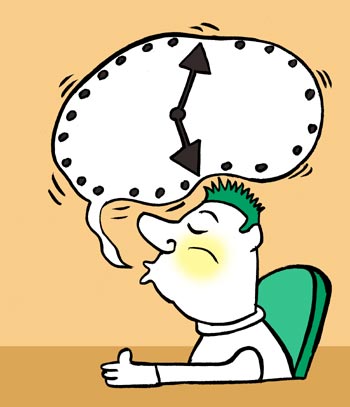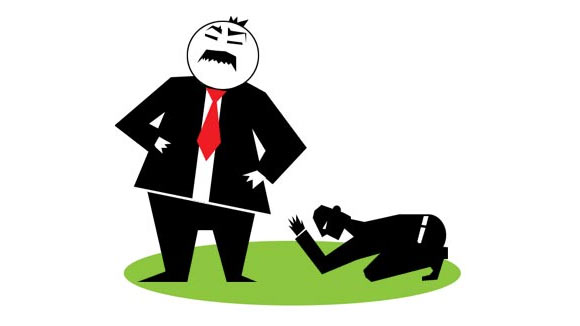 | « Back to article | Print this article |
6 work habits to impress your BOSS
These habits play a big role in getting a worker promoted.
The habits that bosses love to see in their employees are the ones that help them save their time and energy, which results in the individual and the boss coming out looking better and competent.
Firstly, bosses love it when the worker shows accountability, as they have more to do than ensure that their employee's work is completed accurately and on time; they have their own work to do and they too have a boss, above them, who holds them accountable to their work as well as the work that the employee does, news.com,au reported.
And when the employee delivers on, or before, deadlines and produce results, they contribute to the smooth, efficient workings of the office without drawing negative attention to themselves.
Accountability also means that the employee takes responsibility for their failures as much as they would for their successes.
6 work habits to impress your BOSS
Secondly, any time that an employee is scheduled to participate in a meeting, whether it's as big as a conference or as small as a one-on-one with their boss, they should enter the situation armed to the teeth with as much pertinent information as they can find.
Bosses appreciate workers, who are prepared for a variety of reasons: it shows dedication, self-motivation and confidence -- three factors, which happen to play a big role in getting a worker promoted.
6 work habits to impress your BOSS
Thirdly, efficiency is one of the most important, habits that bosses love.
Working late does not necessarily give the boss the impression that an individual is working hard. In fact, the common perception is that the person is working with some degree of inefficiency, it would be a lot better to come to work early if an employee needs extra time to get work done.
6 work habits to impress your BOSS
Fourthly, staying current -- in news, technologies and skill sets pertinent to the industry -- is one of the habits that bosses love, as it shows them that the person is motivated, intelligent, interested, and self-confident.
If an individual can suggest new and emerging ideas to apply to their current profession, they help keep their employer on the cutting edge and make their boss look like a genius for hiring the person.
6 work habits to impress your BOSS
Fifthly, in trying to make the boss look good, there is a big chance to be perceived as a kiss-ass -- a perception, which won't help the employee at any stage in their career.
Bosses don't find this behaviour appealing, because of the way it reflects on them, and for this same reason, they are not likely to reward it.
Therefore, the workers should learn to resist the urge to trumpet their successes and take satisfaction in the knowledge that these successes are scoring them points with the higher-ups, and that they will be rewarded accordingly.
6 work habits to impress your BOSS
Sixthly, there is no denying that these features on office habits advocate a degree of conformity within the workplace.
But it is far less about blind, mechanical conformity and more about learning to successfully adapt to the situation around them -- a trait that, once developed, has applications that go well beyond the workplace.





